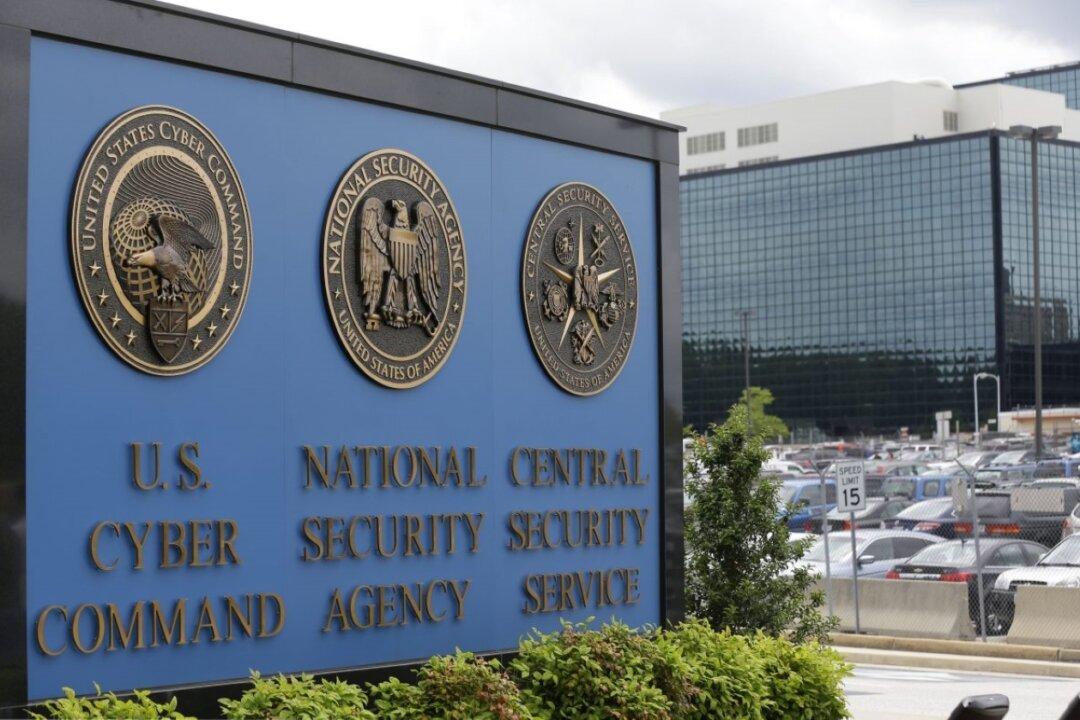BALTIMORE—A former National Security Agency contractor who stored two decades’ worth of classified documents at his Maryland home was sentenced on July 19 to nine years in prison.
Harold Martin, 54, apologized to the federal judge who sentenced him for a theft that prosecutors have called “breathtaking” in scope.





